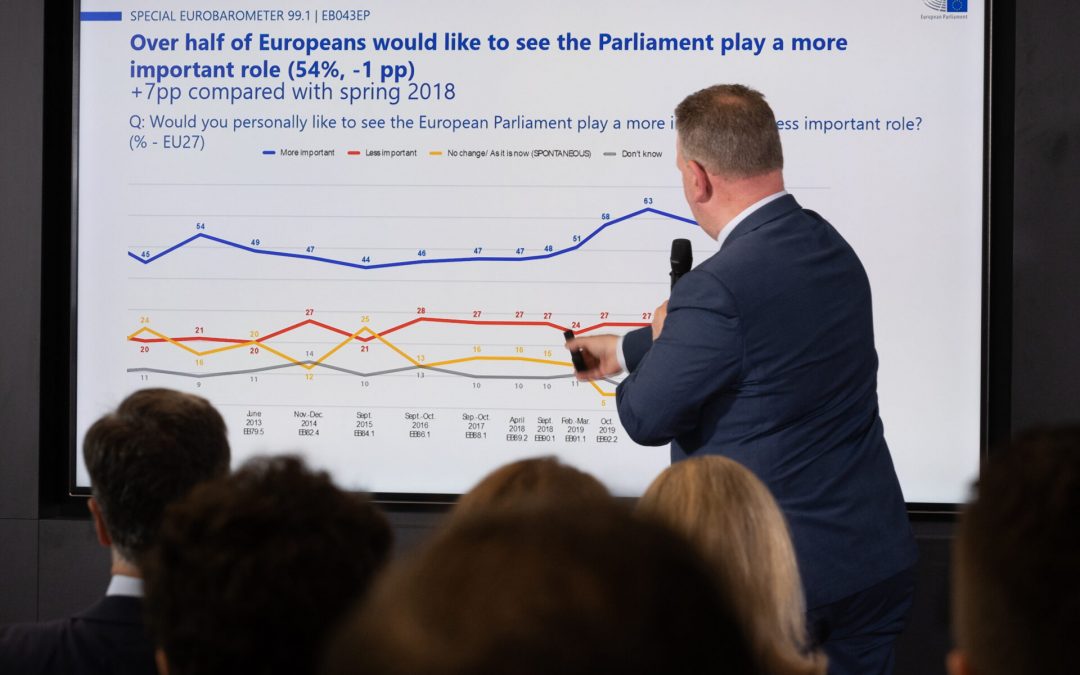“`html
BRUSSELS – The rise in prices and the cost of living, as well as the state of the economy, were the main incentives for European citizens to vote in the European Parliament elections, according to a Eurobarometer survey conducted after the elections in June.
As many as 42 percent of the surveyed citizens stated that the increase in prices and the cost of living were the main incentives for their turnout in the elections. Just one percentage point less, 41 percent of respondents cited the state of the economy as the main incentive for voting.
Among Croatian citizens, this is even more pronounced: 56 percent of respondents cited the rise in prices and the cost of living as the main incentive, and 55 percent cited the state of the economy.
On the other hand, for Germans, the main reason for going to the polls was the issue of migration and asylum, for Swedes, Danes, Dutch, and Maltese, the top issue was the environment and climate change, in Lithuania and Latvia the most important reason was the issue of defense, and in Finland, Estonia, and Luxembourg the international situation.
In third place, 37 percent, among Croatian citizens were social protection and access to healthcare.
When asked to mention the main reasons why people think our country benefits from EU membership, the first reason for Croatian citizens is the new job opportunities brought by EU membership (51 percent of respondents). At the EU level, this reason was mentioned by 24 percent of respondents.
In second place for Croatian citizens (33 percent) is the fact that the EU improves the standard of living, in third place (31 percent) is that the EU contributes to the country’s economic growth.
The survey results also show that citizens are optimistic about the future of the EU (65 percent) and still have a positive image of the Union (48 percent of respondents emphasize a positive perception, while only 16 percent have a negative perception).
In Portugal, even 70 percent of respondents have a positive perception of the EU, and France is the only member country where a negative image prevails, with even 29 percent of the French having a negative perception of the EU.
Almost half of Croatian citizens (49 percent of respondents) have a positive image of the European Parliament, and 37 percent answered that they are neutral on this issue.
Seven out of ten respondents (70 percent) emphasize that their country has benefited from the European Union, and this figure has been stable for several years.
In Croatia, support for the Union is above the European average. As many as 56 percent of citizens have an overall positive image, and only 10 percent have a negative image. The most pronounced positive attitude (62 percent) is among the age group of 25 to 39 years. (October 3, 2024)
“`
 go to the original language article
go to the original language article
